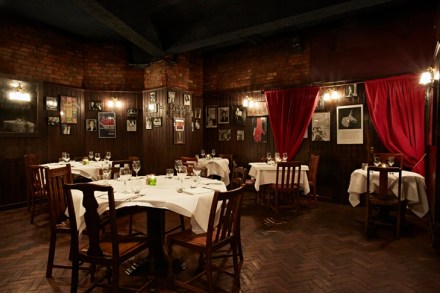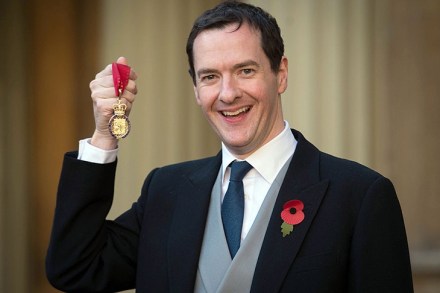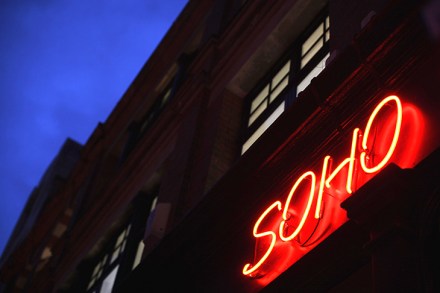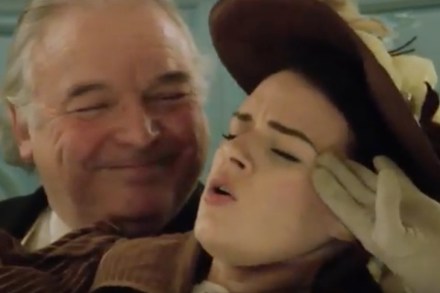Eat at Joe’s
It is rare for me to write a love letter to a London restaurant, but Joe Allen, which is 40 this year, deserves it; if you have any sense you will throw off misery and go there now for hamburgers. It is not really a London restaurant, which may be why I love it, but a Manhattan restaurant (established on 46th Street in 1965 by a man called Joe Allen) that was transplanted to London in 1977; the idea of Manhattan, anyway, which is more vivid in imagination than in life. I like to imagine the cast of All About Eve in Joe Allen, talking nonsense about ‘the theatre’ as

















